As a family-friendly university, WU has held hochschuleundfamilie certification since October 2013, and was awarded occupational health certification in 2020. These certifications are not static snapshots, but ongoing processes that require constant reflection on the status quo and a strong willingness to improve.
Balancing Work and Private Life
Our hochschuleundfamilie certification is is based on a three-year cycle. The first phase involves an evaluation of how well it is currently possible to balance professional or student life with private life at our university. We take a look at where there is room for improvement and agree on the measures we want to implement as part of the certification process. At the end of the three-year cycle, once we have successfully implemented our goals and formulated new ones, the certification is renewed for a further three years.
In recent years, we have introduced, among other things, vacation care for school-age children aged 6–10 and a WU policy on a family-friendly workplace and communication culture as part of the certification process. For the current period, which began with the renewal of our certification in January 2020, we plan, among other things, to create a WU Family Board offering a well-structured overview of information on issues related to balancing work and private life as well as the implementation of family-friendly career support measures for researchers.
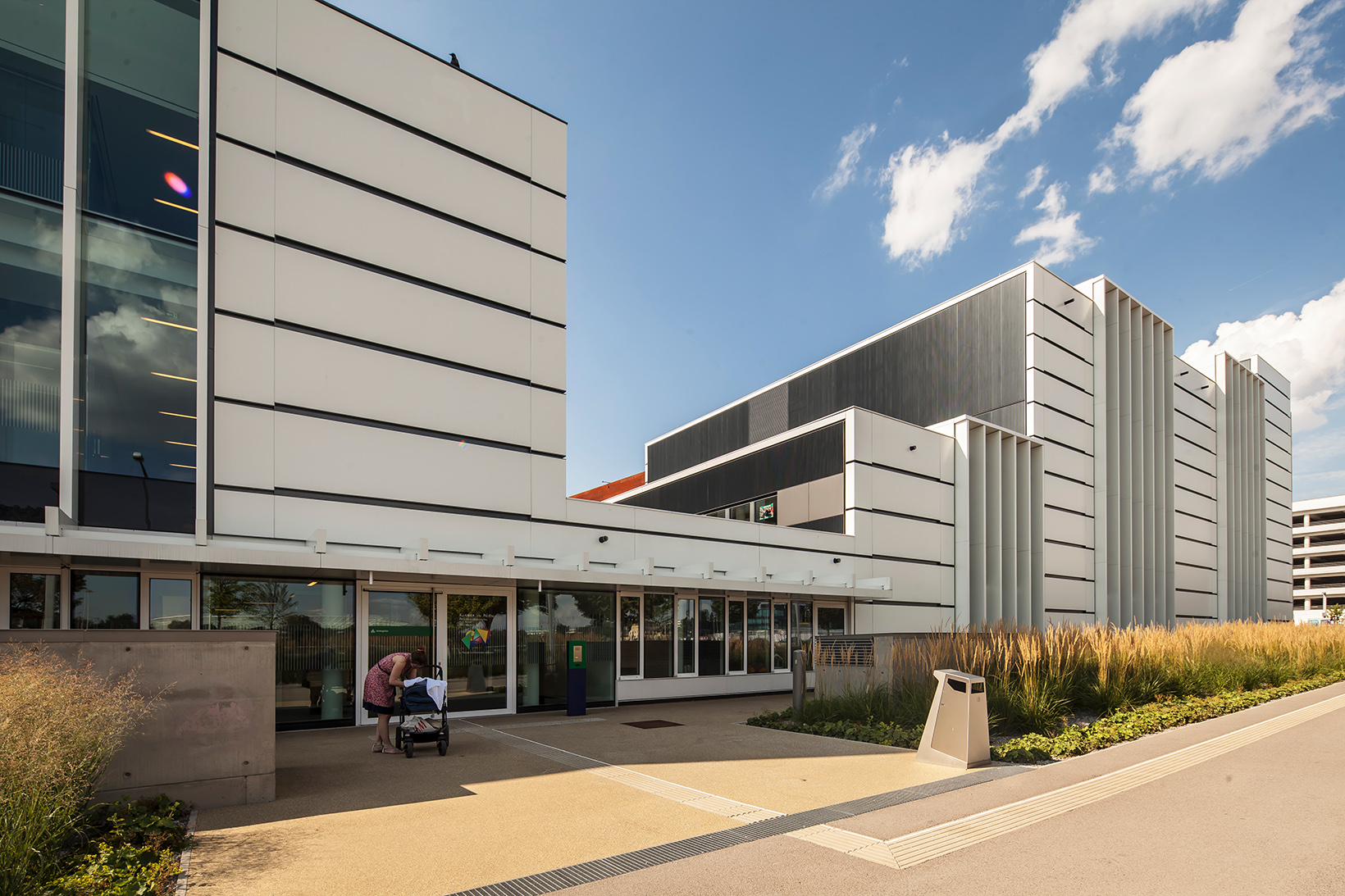
Healthy Faculty and Staff
In 2017, WU launched the Well-Being@WU project. The project is intended to increase awareness for health-related topics and improve the quality of life in the workplace. We have implemented comprehensive measures as part of this initiative. These include a structured reintegration management program for employees returning to work after long periods of sick leave, guidelines and a checklist for healthy management, healthy snacks in the campus vending machines, monthly posters with tips on nutrition and exercise, numerous workshops, and consulting programs, to name just a few. In 2018 and again in late 2020, we carried out a survey based on the Arbeitsbewältigungsindex Plus™ in cooperation with Fit2Work and health insurance provider BVAEB to determine our faculty and staff’s ability to work. 61% of WU’s employees responded to the survey. The results will be presented in-house in early March, 2021.
We are proud to have earned occupational health certification in March 2020. This certification is awarded by the Austrian occupational health network BGF and the Austrian Health Promotion Fund after a rigorous quality control procedure.
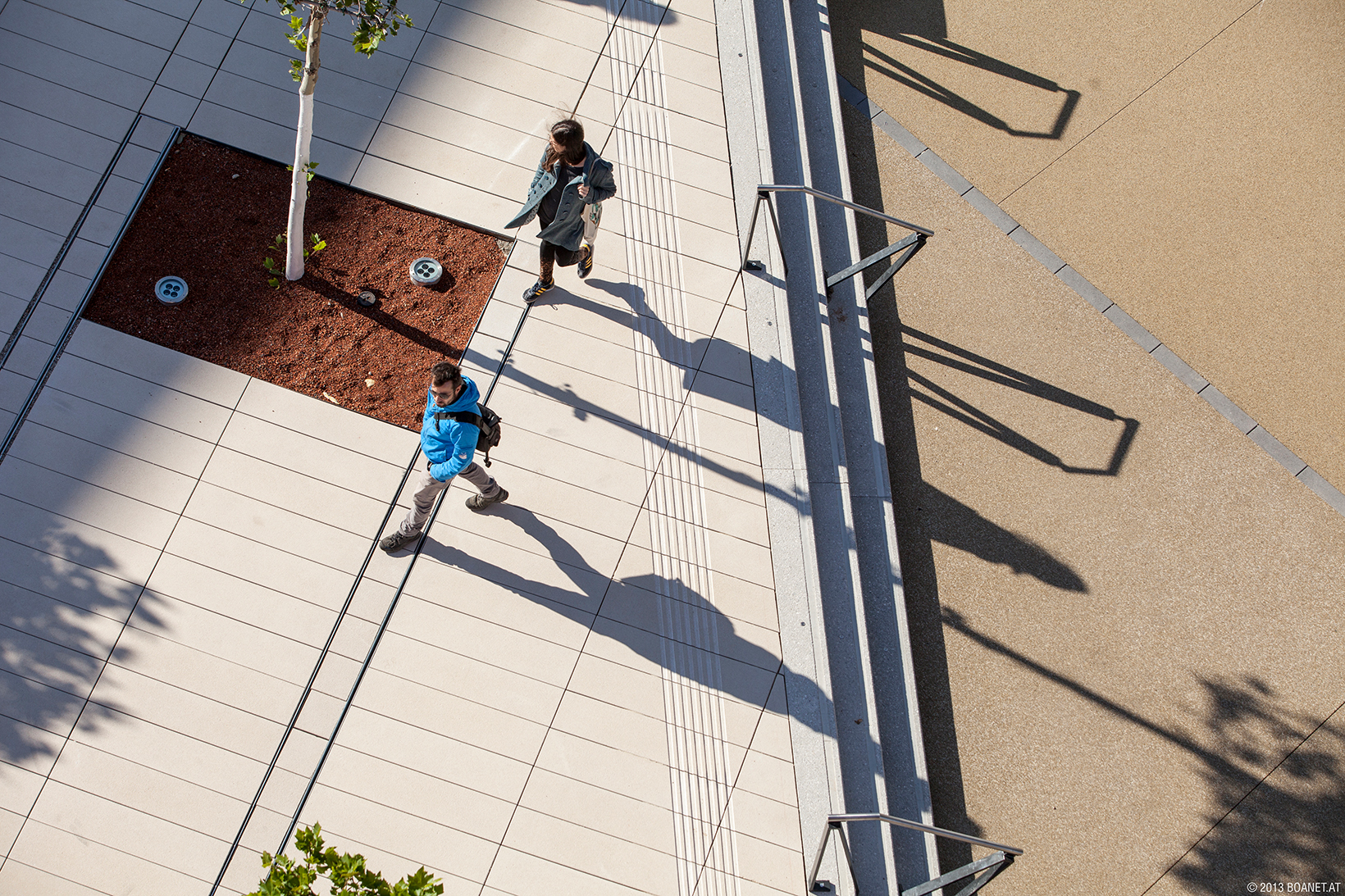
Making an Impact at Work
WU is a responsible employer offering high-quality jobs. But why exactly do people choose to work at WU, and what makes their jobs special? We initiated a large-scale employer branding project to answer these questions. A total of 90 employees from all professional groups at WU were involved, participating in interviews, focus groups, and a quantitative survey. They told us what our strengths and qualities as an employer are:
- WU is a pioneer, an inspiring trailblazer. Working at WU is exciting, relevant, and has impact.
- Working at WU is meaningful. WU has an educational mission, is future oriented, and contributes to society by helping to solve problems.
- The employees are full of spirit/drive. Working at WU is exciting and motivating. Our employees are dynamic and intrinsically motivated.
These insights influence our recruiting efforts and our external and in-house communications. As a first step, we condensed the employees’ statements into a claim: “think:impact. Join the minds that shape the future.” From there, we went on to overhaul our career website and our standard job advertisement texts. The Personnel and Personnel Development Offices will use the inputs from the focus groups and individual interviews to help make WU an even better employer in the future.
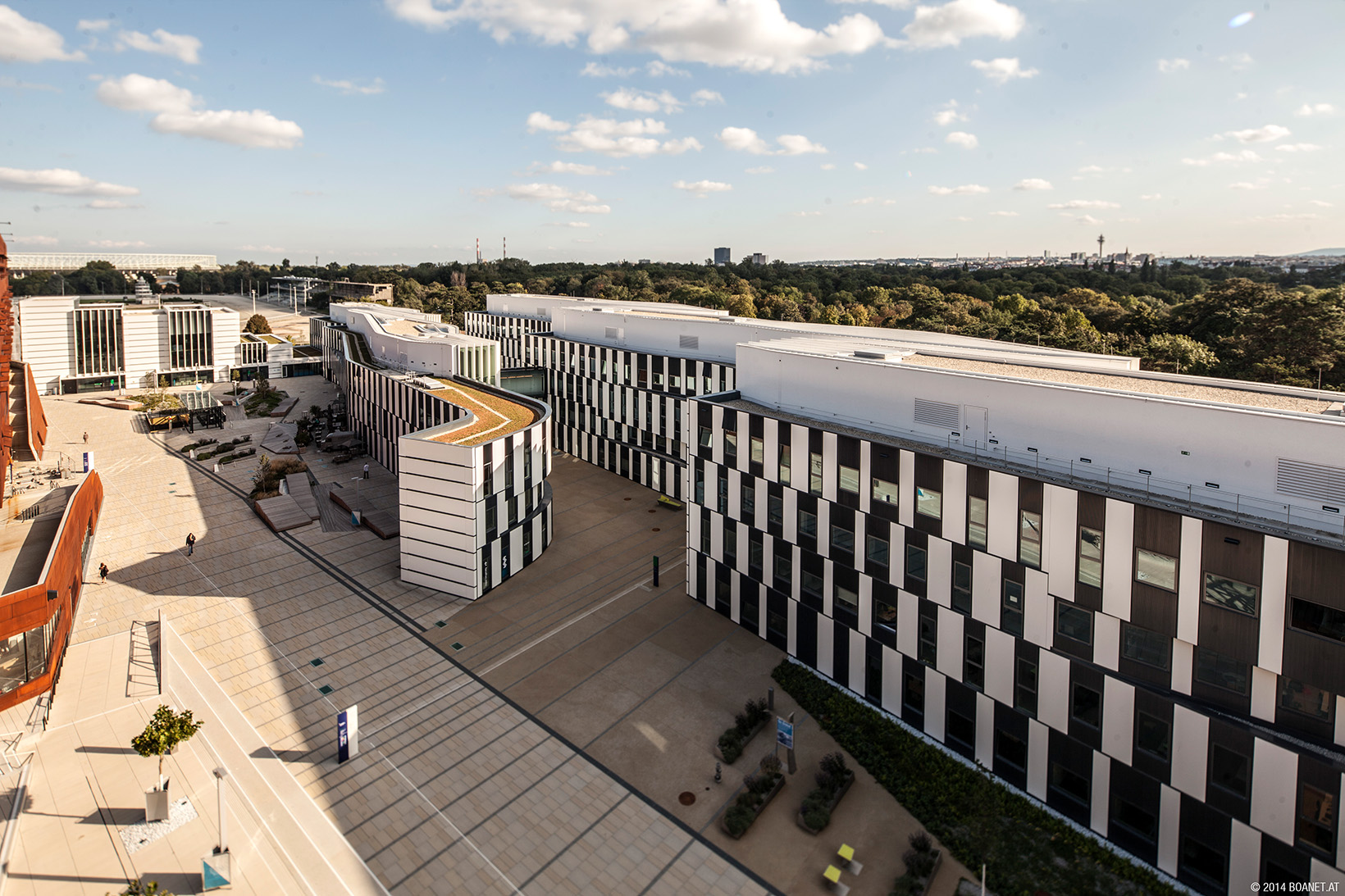
A Holistic Approach
Employees and students should be able to be entirely themselves at WU, even beyond their professional roles. Campus WU should be a place where everyone feels safe, valued, and included.
Third gender option
Since January 1, 2020, Austrian universities are required by law to include the third gender option. We have implemented the following measures:
- Gender-neutral restrooms: There is a gender-neutral restroom in every building on Campus WU. Gender-neutral means that the restrooms can be used by anyone, regardless of sex.
- Data collection: The third gender option has been included in the management of student and employee data.
- Changes to official notifications: The Examinations Office can now make changes to official notifications, e.g. on doctoral diplomas, after changes in personal status. This means that transgender individuals, for example, can have their first names changed on their academic documents to avoid being “outed” against their will.
Silent room
WU’s silent room is a place for quiet retreat, prayer, reflection, and mindfulness in our often fast-paced and hectic university life. We redesigned the room in 2020, in cooperation with students and employees. In times of increasing internationality and rising levels of cultural diversity, we wanted to create a place where everyone feels welcome, regardless of their personal background.
The room’s walls are painted black, and the space can be divided with white curtains. Black and white stools are available as seating. Rugs in 4 vibrant colors are available for prayer and meditation, providing a colorful accent.
Focus on Further Development
For years, WU’s Personnel Development Office has offered a high-quality continuing education program for the various employee groups (scientists, administration, managers). When the COVID-19 pandemic began, the Personnel Development team was faced with two challenges. They had to convert the courses, workshops, and coaching sessions they had already planned into a digital format as well as develop new programs to help the WU community make the transition to teleworking. New webinars on relevant topics like “Efficient@Home,” “Resilience in Difficult Times,” or “Teleworking: Challenges and Opportunities” were added. Teleworking guidelines and an online video training course on how to maintain composure in difficult situations were published. We offered executives a webinar on the topic of “Virtual Leadership,” and the Führungs-Fokus event series featured discussions on “Leading Hybrid Teams” and “Virtual Communication.”
It was particularly important to us to find a high-quality online replacement for our onboarding events, to give new employees the opportunity to get to know each other and network in virtual form.
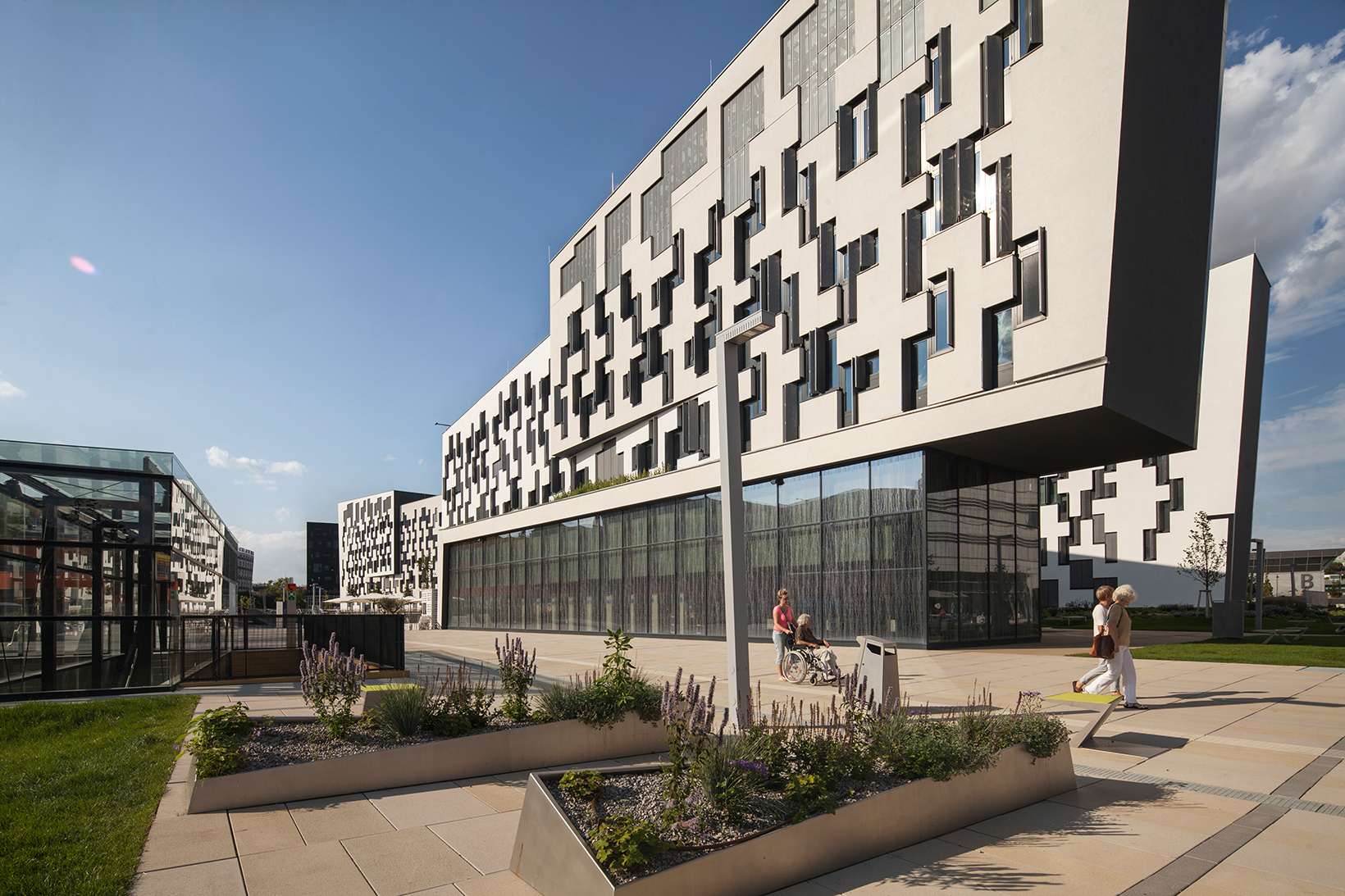
Faculty support
Good ranking results and WU’s triple accreditation confirm the high quality of our teaching. However, they also challenge us to continuously develop and improve our faculty qualification programs. For example, during the onboarding process, we offer new faculty members custom-tailored workshops that provide beginners with basic qualification or inspire experienced teachers with new ideas.
We are constantly creating new courses to address current topics, for example digitalization. With the 2020 webinars “Sharing experiences and teaching expertise – Improving your online teaching” and “What’s your take-home message? – Making learning last” we provided our teachers with new ideas for their virtual teaching.
In Program Labs, representatives from our master’s programs work with external coaches to improve teaching at WU. The Program Labs support communication within the programs and strengthen the cooperation between our teachers.
For our researchers, the Personnel Development team supported the establishment of the WU Academic Speaker’s Club (ASC). The ASC is an initiative of six women in PhD programs who wanted to train and improve their presentation and communication skills. Junior researchers can attend the meetings to sharpen their public speaking skills.
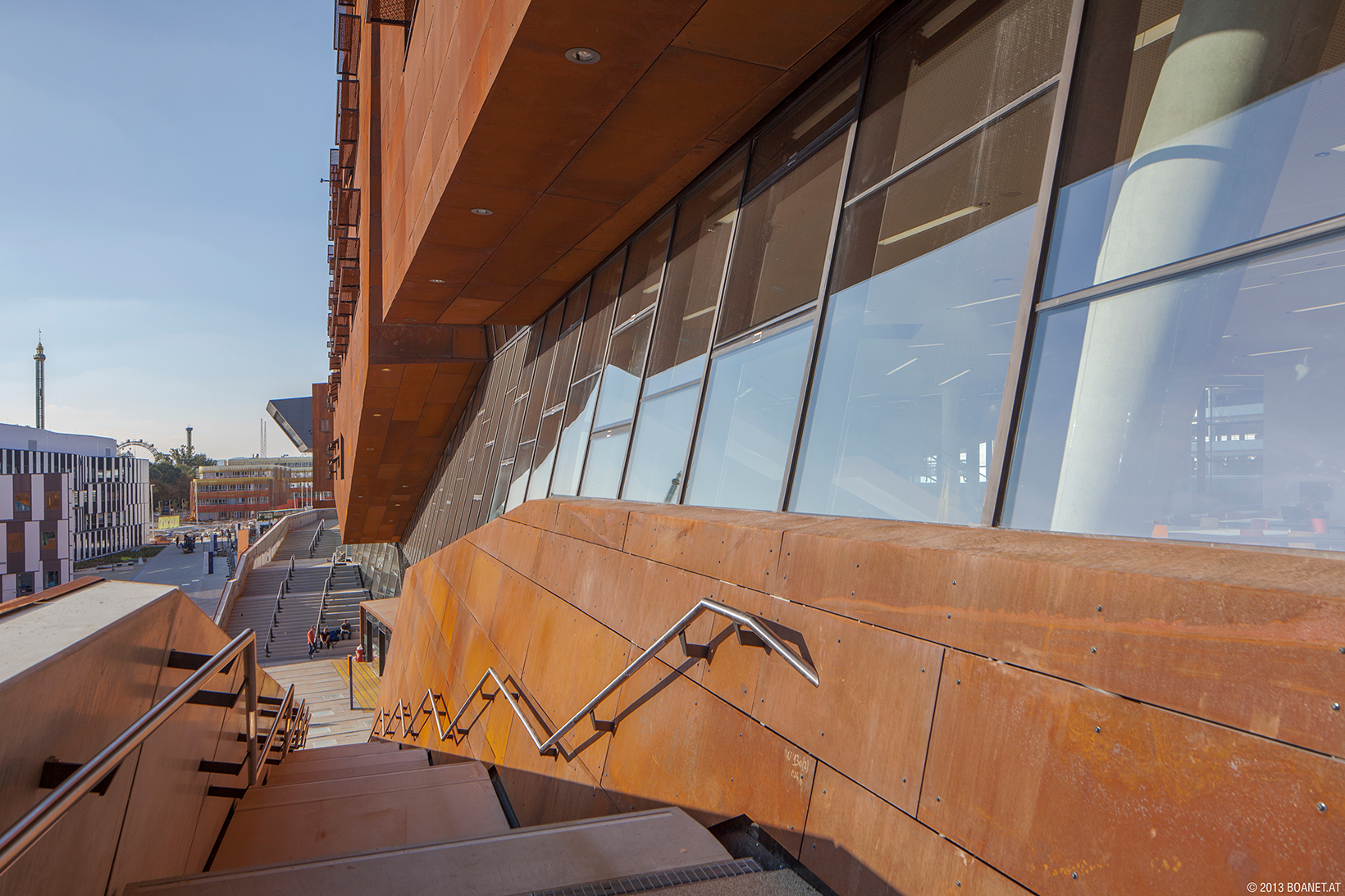
Support provided to early-stage researchers
Teaching and research associate positions are traditionally entry-level positions for an academic career. They are intended to allow the employee to advance and expand their academic education during a doctoral or PhD program and to prepare them for a later academic career.
We help our pre-doc employees start their academic careers by granting mostly six-year contracts, unlike almost all other Austrian universities.
Young researchers who complete their doctoral/PhD program in the prescribed four years can use the remaining time to significantly improve their prospects on the labor market by publishing their work and completing other academic activities.
Following the successful introduction and implementation of our career development programs for post-doc employees, in 2020, WU decided to extend this support to include employees at the pre-doc level in their career planning as well. The new WU Pre-Doc Placement Program is made up of four elements: peer coaching, workshops, a career talk, and individual coaching. The first three of these elements are mandatory, and individual coaching is an optional service for people who need it. The peer coaching element is a recurring theme throughout the program: Moderated by an external coach, these sessions are intended to identify challenges specific to participants’ professional positions and give the group the opportunity to discuss them with their peers and look for solutions. Workshops focus on more general topics like training for job applications or academic project management. The program was launched on September 28, 2020, with a total of 12 participants.

